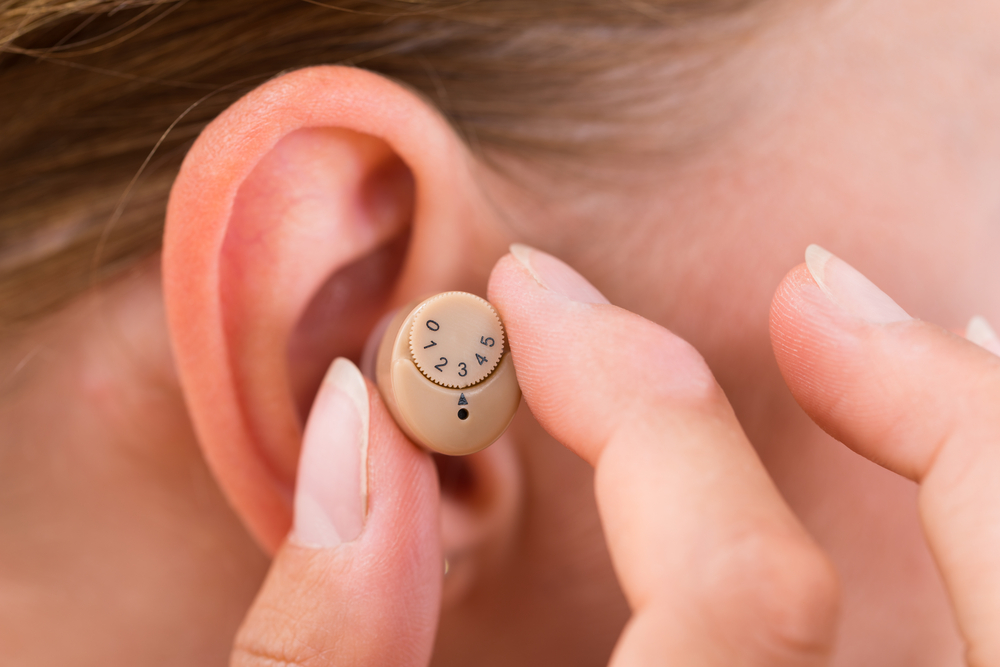Hearing Aids for Seniors: Comprehensive Guide to Prices and Options
Navigating hearing loss as a senior can be challenging, but modern hearing aids offer effective solutions to improve quality of life. With various types, features, and price ranges available in South Africa, understanding your options is crucial for making an informed decision. This comprehensive guide explores hearing aid prices for seniors, different device types, and practical considerations to help you find the right solution for your hearing needs and budget.

As we age, hearing loss becomes increasingly common, affecting nearly one in three people over 65. For South African seniors, finding the right hearing aid involves understanding both the available technology and associated costs. Modern hearing aids have evolved significantly, offering improved sound quality, connectivity features, and discreet designs that can dramatically enhance daily communication and overall well-being.
Understanding Hearing Aid Prices for Seniors
Hearing aid costs in South Africa vary significantly based on technology level, features, and provider. Basic analog hearing aids typically start around R3,000 to R8,000 per device, while advanced digital models can range from R15,000 to R45,000 or more per unit. Most seniors require hearing aids for both ears, effectively doubling these costs. Premium models with advanced noise reduction, wireless connectivity, and rechargeable batteries command higher prices but offer superior performance in challenging listening environments.
Several factors influence hearing aid pricing, including the level of digital processing, number of channels for sound adjustment, directional microphones, and additional features like Bluetooth connectivity. Entry-level devices provide basic amplification, while mid-range options offer better sound processing and some advanced features. High-end models include sophisticated algorithms for noise reduction, automatic program switching, and smartphone integration.
Types of Hearing Aids Available
South African seniors can choose from several hearing aid styles, each with distinct advantages. Behind-the-ear (BTE) models are popular for their durability and powerful amplification, making them suitable for moderate to severe hearing loss. In-the-ear (ITE) devices offer a more discreet appearance while maintaining good functionality. Completely-in-canal (CIC) hearing aids provide maximum discretion but may have limited features due to size constraints.
Receiver-in-canal (RIC) hearing aids have gained popularity among seniors for their natural sound quality and comfortable fit. These devices place the speaker directly in the ear canal, reducing feedback and improving sound clarity. Each style has specific benefits depending on the degree of hearing loss, dexterity requirements, and personal preferences regarding visibility and maintenance.
Hearing Aids for Pensioners: Financial Considerations
South African pensioners face unique financial challenges when purchasing hearing aids. Some medical aid schemes provide partial coverage for hearing aids, typically covering basic models or contributing a fixed amount toward more advanced devices. Government healthcare facilities may offer basic hearing aids at reduced costs, though waiting periods can be lengthy.
Many providers offer payment plans specifically designed for pensioners, allowing costs to be spread over 12 to 24 months. Some audiologists provide trade-in programs for older devices, reducing the overall cost of upgrades. Additionally, certain charitable organizations and foundations occasionally provide hearing aid assistance for seniors with limited financial resources.
| Provider | Device Type | Price Range (ZAR) |
|---|---|---|
| Amplifon South Africa | Basic Digital BTE | R8,000 - R15,000 |
| Hearing Solutions SA | Mid-range RIC | R18,000 - R28,000 |
| Phonak South Africa | Premium Digital | R25,000 - R45,000 |
| Widex South Africa | Advanced BTE | R20,000 - R35,000 |
| Siemens Hearing SA | Entry-level ITE | R6,000 - R12,000 |
Prices, rates, or cost estimates mentioned in this article are based on the latest available information but may change over time. Independent research is advised before making financial decisions.
Features to Consider for Senior Users
When selecting hearing aids, seniors should prioritize features that enhance daily usability. Large, easy-to-manipulate controls are essential for those with dexterity challenges. Rechargeable batteries eliminate the need for frequent battery changes, though they typically increase the initial cost. Telecoil compatibility allows better hearing in venues with hearing loop systems, common in many South African theaters and churches.
Modern hearing aids often include smartphone connectivity, enabling direct audio streaming and remote control through mobile apps. While these features appeal to tech-savvy seniors, others may prefer simpler devices with automatic adjustments. Noise reduction technology is particularly valuable for seniors who struggle with background noise in restaurants or social gatherings.
Professional Support and Aftercare Services
Successful hearing aid use requires ongoing professional support beyond the initial fitting. Reputable South African hearing healthcare providers offer comprehensive aftercare services, including regular cleaning, adjustments, and repairs. Many providers include these services in their pricing, while others charge separately for maintenance visits.
Audiological follow-up appointments are crucial for optimizing hearing aid performance as hearing needs change over time. Some providers offer home visits for seniors with mobility limitations, though this service may incur additional costs. Extended warranties and insurance options can provide peace of mind, particularly for expensive devices.
Making the Right Choice for Your Needs
Selecting appropriate hearing aids involves balancing cost, features, and individual requirements. Seniors should undergo comprehensive hearing evaluations to determine the degree and type of hearing loss before making purchasing decisions. Trial periods, typically 30 to 60 days, allow users to test devices in real-world situations before committing to purchase.
Consulting with qualified audiologists ensures proper device selection and fitting. Many South African hearing healthcare providers offer free consultations and hearing tests, making it easier for seniors to explore their options without initial financial commitment. Consider lifestyle needs, budget constraints, and long-term hearing goals when making this important healthcare investment that can significantly improve quality of life and social engagement.




